change in a
world
was not easy on anyone. Yet even as many of us struggled through what was one of the most difficult years in generations, many in the W. P. Carey community found ways to lead with generosity and gratitude. At a time of great fear, they found ways to be brave. At a moment when it could be easy to hunker down, they opened up.
Call it “the great reframing”: This past year required people to take a new perspective on their lives. Many found that they had more to offer — and more to appreciate — than they realized when times were better.
Here, in their own words, they highlight some of the ways that these past few months have allowed them to think differently about their responsibilities and roles. We hope their stories will help you see the ways that you, too, may have gained and shared more from this difficult period than you might realize.
I was reckoning with a lot of guilt. So many people were losing their jobs, losing family members. There is all this racism in our country. Why was all this good stuff happening to our business?
Then I flipped that thought on its head. If good stuff was happening to us, we should use that [momentum] to do more good. I wanted to pay that forward tenfold.
How has that come to life? We partnered with the Food Equality Initiative, a nonprofit that provides allergy-friendly foods to food-insecure families. We have been able to feed more than 3,000 families. Because we have been frustrated by the lack of diversity in the natural foods industry, we’ve partnered with five Historically Black Colleges and Universities to [support] eight fellows for summer internships.
We figured out a lot of this on the fly. We would see a problem, take a small baby step to move things in the right direction, and continue to learn. All it takes is a bunch of people making small baby steps to be able to effect real change.
I’m on the board of directors for CREW — Commercial Real Estate Women — that has 12,000 members all over the world. This past year, I was slated to make about 15 different trips to do presentations to chapters that might have more than 400 people in them.
I wasn’t able to do that, so I did Zoom [presentations]. I could create a dialogue with groups and individuals, and people could email or call me afterward. I have interacted more with individuals than I could sitting on a stage with a bunch of eyes staring back at me.
Because people were working from home — not surrounded by their colleagues in a huge office where people are going to overhear some of the questions they’re going to ask — [women] could let their guard down and speak freely.
When you can spend even just a few minutes to help build women’s self-worth, that can make a big difference.
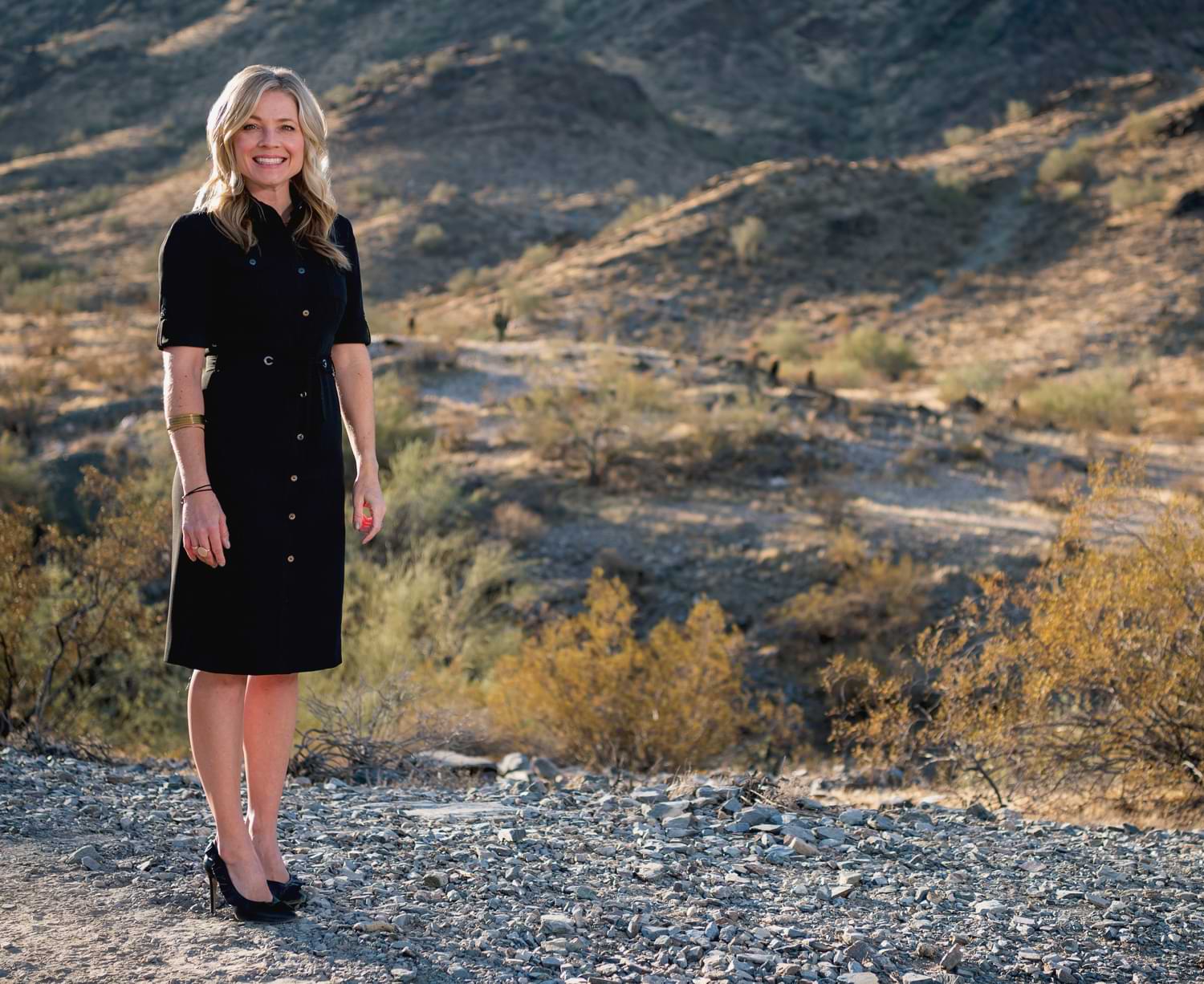
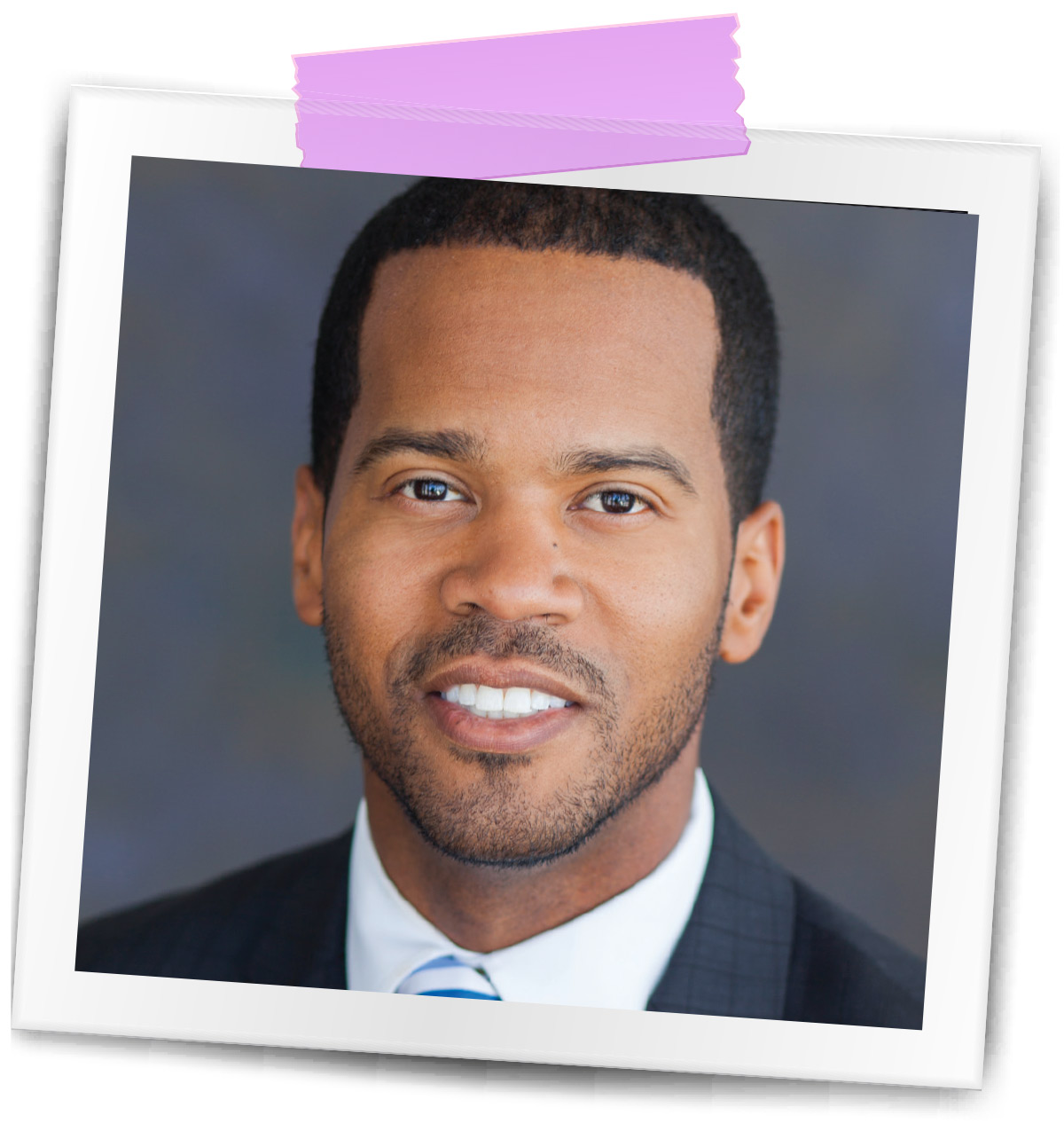
Even though [facilities] were down, we chose to continue health coverage for everyone and their families. During the middle of a pandemic, that was a no-brainer for me and my brother, John, who runs the subsidiaries in Michigan.
That conversation took 60 seconds. We didn’t have volume coming in, but it was our business’s civic duty to the people who live in our communities.
We also felt confident that volumes would come back up, and in return, we would have even more loyal employees. Today, business is through the roof, and we haven’t lost a single person.
We are letting as many people as possible continue to work at home.
Early on, our company’s receptionist took my temperature and asked me if I had traveled in the past 14 days, and I had. She would not let me in my building! I thought that was amazing. Everyone is taking this pandemic seriously.
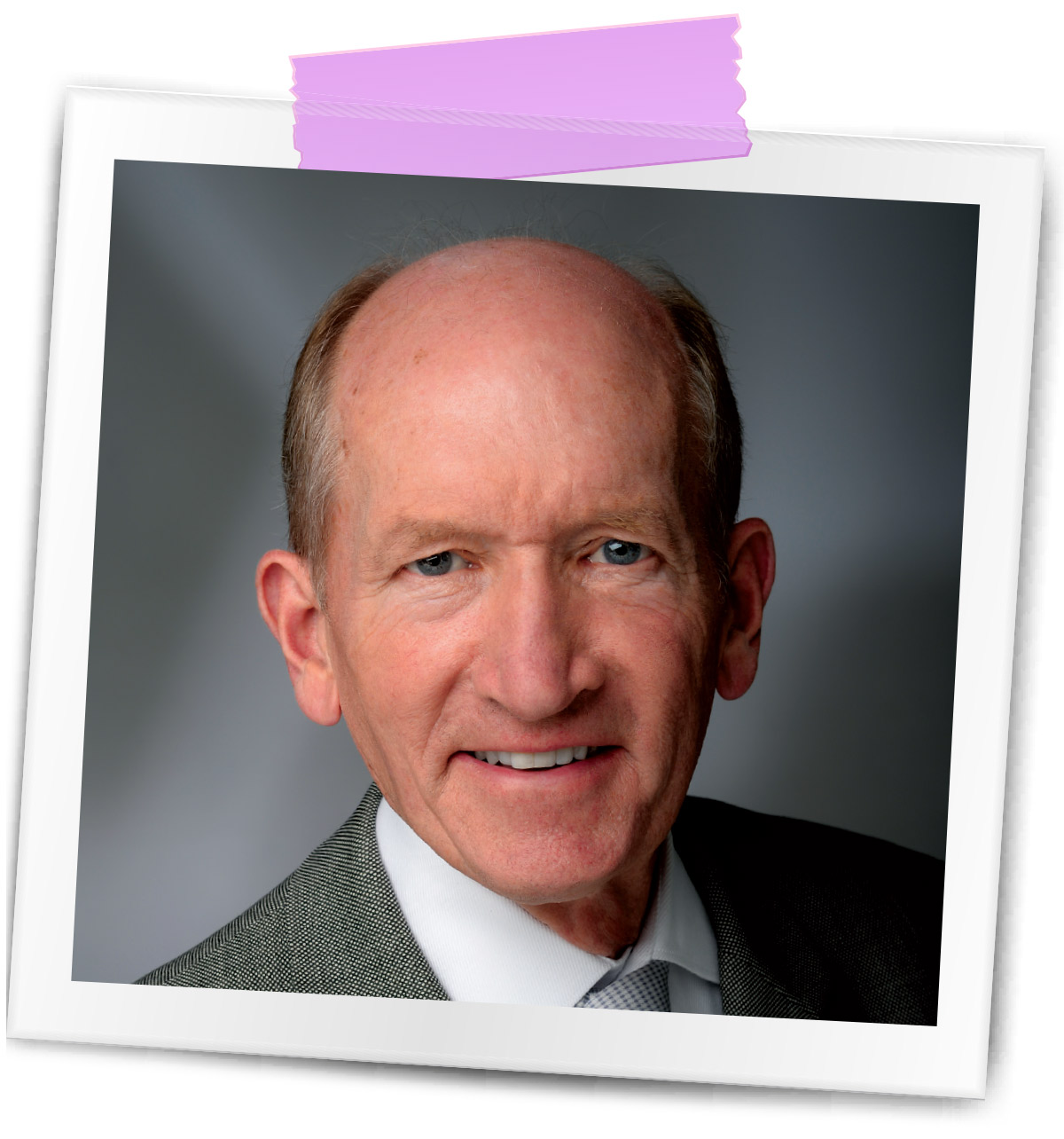
When I was working every day, I would remind myself to personally touch two people each day. It’s a way to demonstrate that I care about them and that I respect the dignity that they bring to their job and life.
Years ago, that might mean talking to a dispatcher at a plant to find out more about their kids and work. Today, it might mean helping out at one of the nonprofit boards that I’m on in my small community.
There’s a real premium on not getting knocked off your game at a time of crisis, and goodness gracious, that happened many times at PepsiCo because of disasters all over the world. The importance of that centering is true today as well — during COVID-19, an election, or social unrest.
Your circumstances will change day by day, week by week. But one thing that you can do is have a discipline and a way to handle things. Take the time to remind yourself what your principles are. That’s why I made sure I stayed grounded — for others, not just myself.
We decided to repurpose some of our budget to “adopt” families through the organization — shopping for them, getting holiday meals, and buying them gifts for the holidays.
At first, we were going to do just a few, but then the idea built some momentum. We ended up sponsoring 22 families.
In a lot of ways, I’ve had to hunker down this year. I have a kindergartener and a third-grader. Like everyone else, I’m dealing with a lot when it comes to work and school.
But it felt nice to take time to focus on other people out in the world and make an impact on their lives, too.
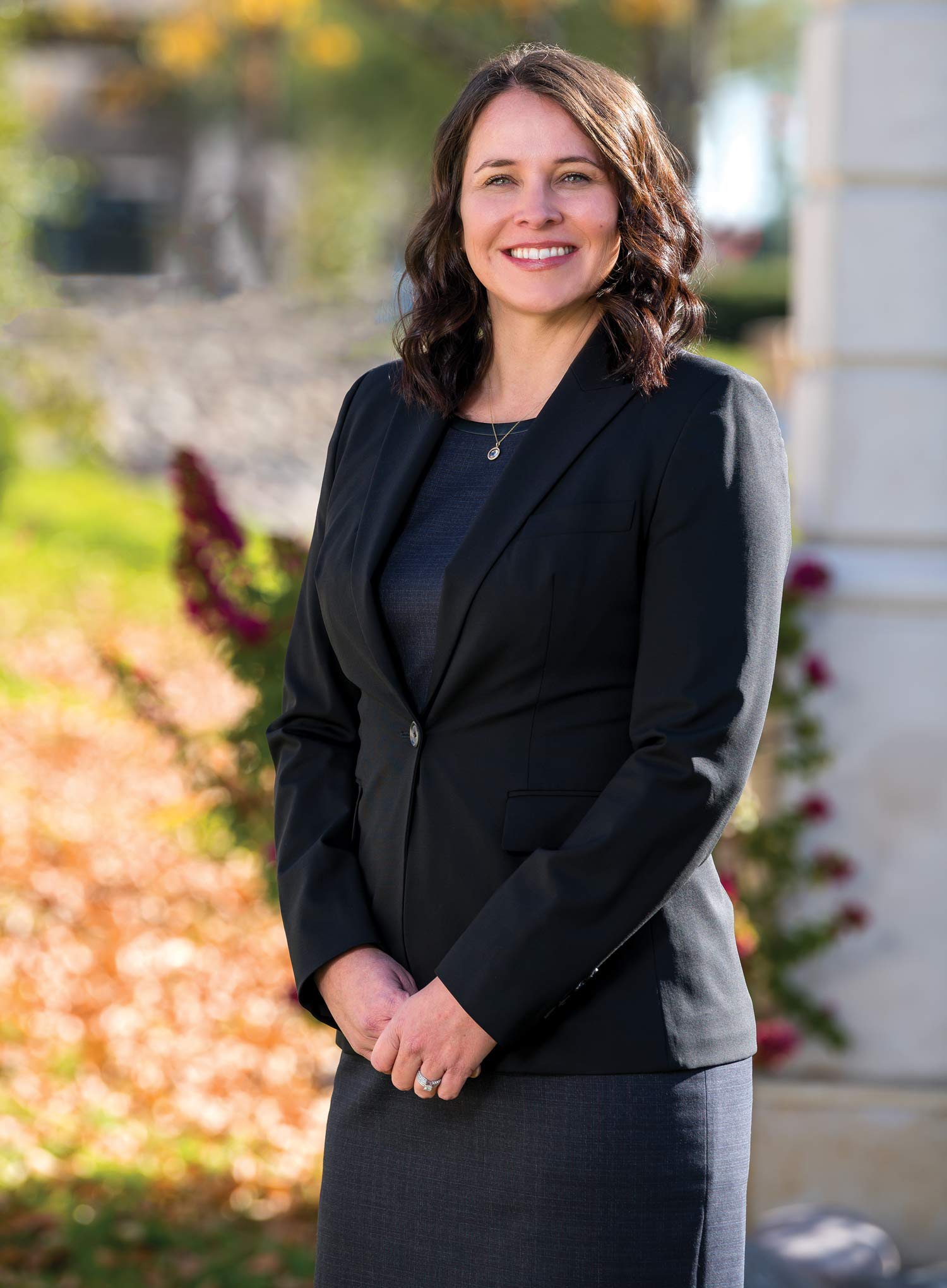
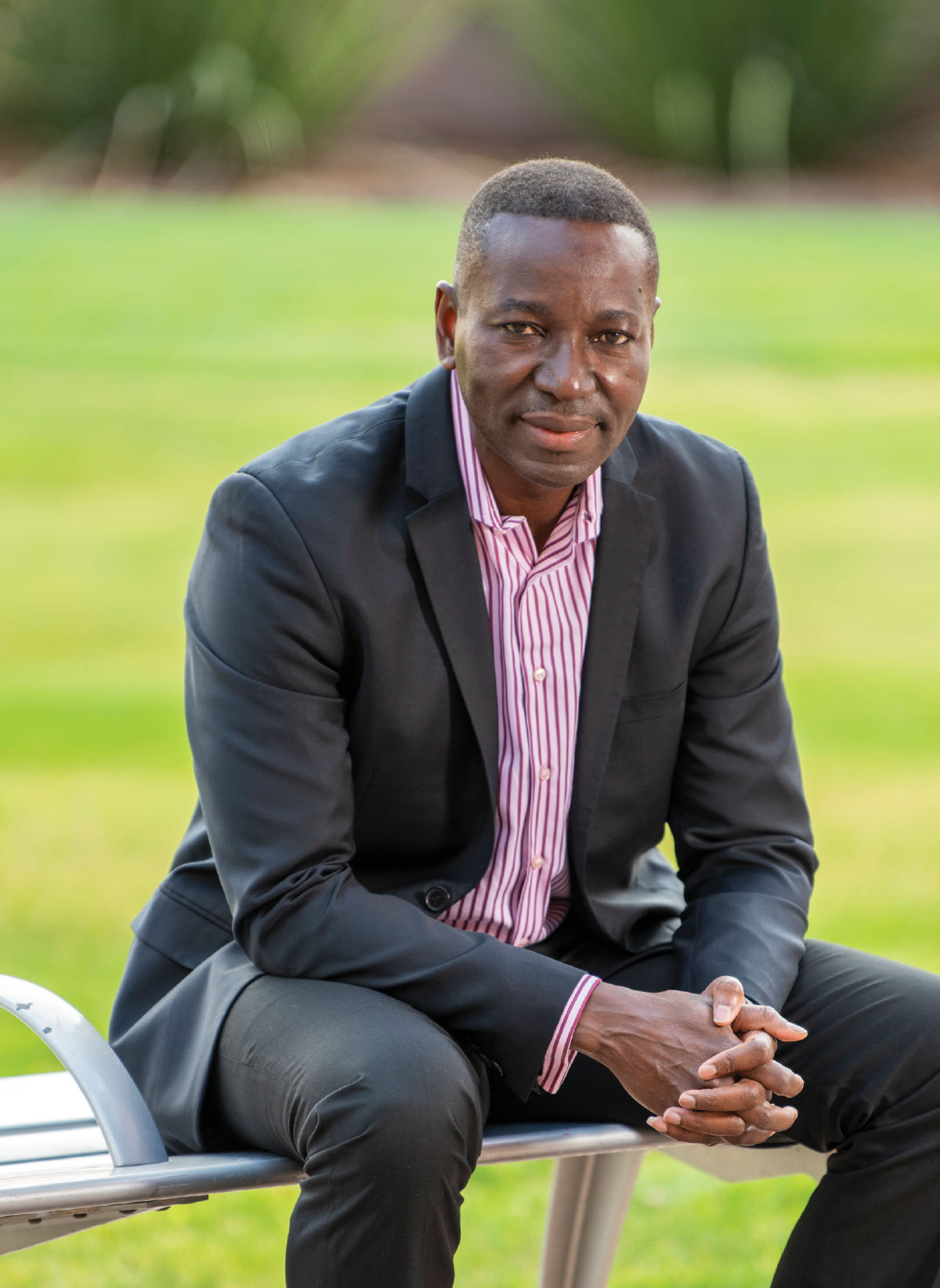
My father was sick in 2020. He and my siblings were in California, and I visited many times. Because I couldn’t fly, I was sometimes hitting the road on Saturday, driving for six hours to see him, and returning to my family on Sunday. He passed away in July.
I also have two teenage boys who were very active in sports and one who is an extrovert. Keeping them away from the field and from their friends because of COVID-19 has been very, very difficult. But I have been able to talk to them constantly. Because I wasn’t traveling, I could spend much more quality time with my family.
I enjoy traveling — visiting universities abroad, doing research with those universities, helping faculty in developing countries. COVID-19 ensured that did not happen! However, I was still able to connect with an international audience through Zoom, sharing knowledge about navigating supply chains in COVID-19 times, but it was so important to spend time with my sons and my father this year. This was a year that changed my focus.
I am a person who loves to be of service to others, and I had to seriously redefine my life in this new era of COVID-19. I felt empty.
Then, there was the spark of the protests over the summer. As a Black person, I was affected by them a lot. I asked: Is law what I want to be doing with my life? Exposing myself to the stress and the continuous fight toward equality?
I did yoga meditation, I reached out to others, I wrote in my journal. Eventually, I was able to see what I wanted on paper.
I realized I do want to be a lawyer, to tackle a racist system that is stacked against people of color. People should be able to live without having to worry about being a victim of police brutality. Black children should have the opportunity to have an equitable education. Black people shouldn’t be ignored or minimized in the workplace. That is where my heart lies.
Right now, I’m president of the Black African Coalition, which oversees all 33 organizations at Arizona State University that cater to Black, African, African American, and Caribbean students. We aim to increase retention, scholarship, and involvement within the Black community at ASU. This has been tough to do during COVID-19, but we’ve been doing a lot of Instagram Live and Zoom events.
This year has been difficult. But I also have a dream, and it’s my job to turn that dream into reality by doing the work.
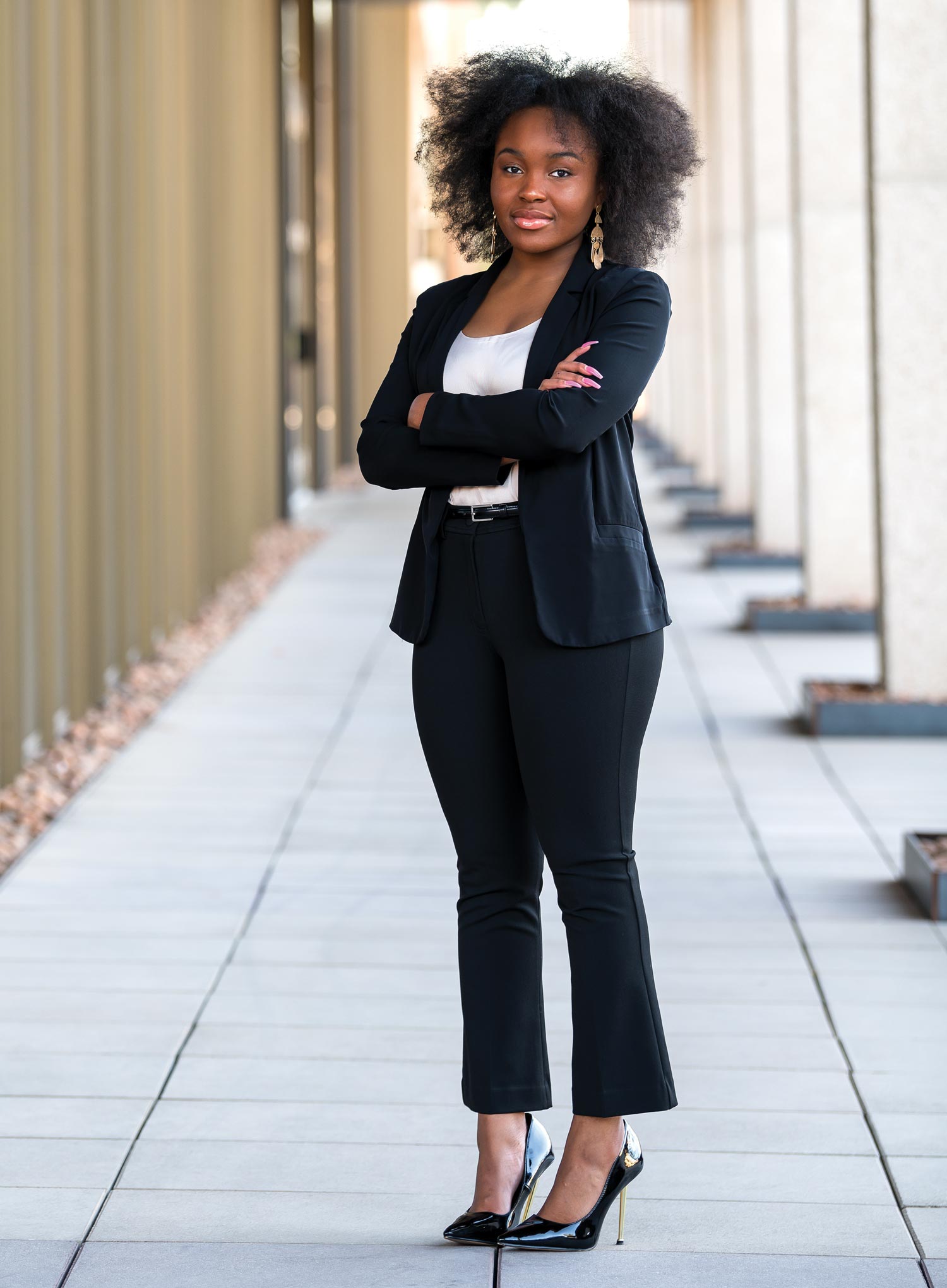
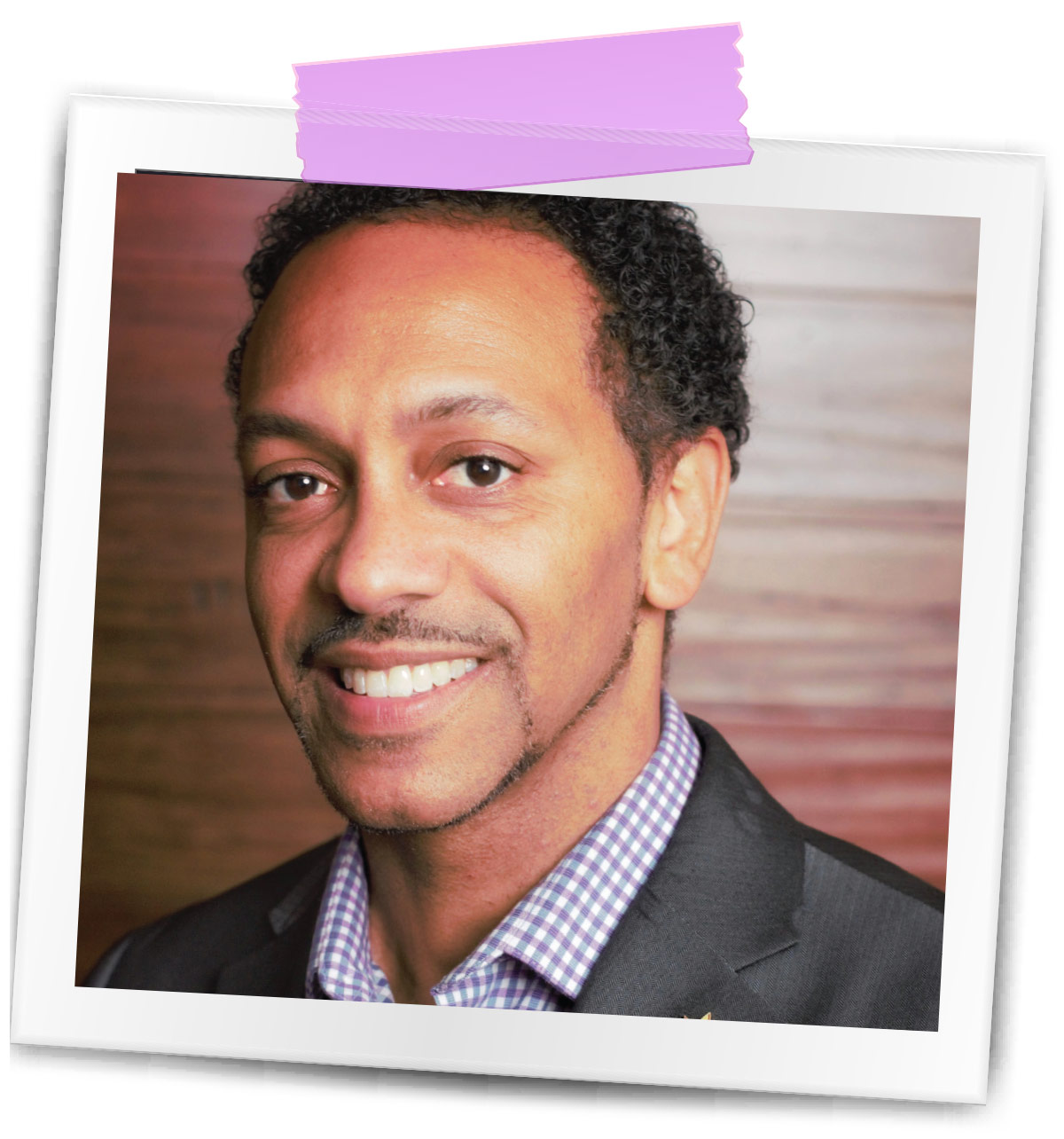
But I have found ways to try to make a difference. Early on, for example, when Seattle — where I live — only had outdoor dining and takeout, some friends and I put together a list of restaurants in the city that are owned by African Americans and other people of color. We would choose two restaurants a week and put a social media spotlight on them. We would encourage folks to order takeout. It was a way to share conversation even if we couldn’t be in the same space.
Later, a few friends and I started a “walk-and-talk” where we walk a 21/2-mile loop around a local park with our masks on. It is an opportunity to say what’s on our mind and in our heart. I think it’s helped all of our mental health. We can always look forward to our Thursday walk-and-talks.
I also practice something I call “enrichment Friday.” I have every other Friday off, and I try to do something productive. I’ve helped create a speaker series for a couple of local schools with professionals in my network. I’ve gone with some of my fraternity brothers to donate food to a food bank.
In times like these we will all experience some form of hardship, but it is important that the pain we experience not be followed by a period or exclamation point. Make sure that we follow that hardship with a comma. There can always be more to the journey and it’s up to us to realize that life is larger than that moment. A comma offers hope — a glimmer of optimism and something for us to hold on to as we remain steadfast throughout adversity.